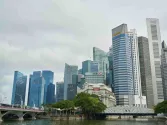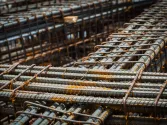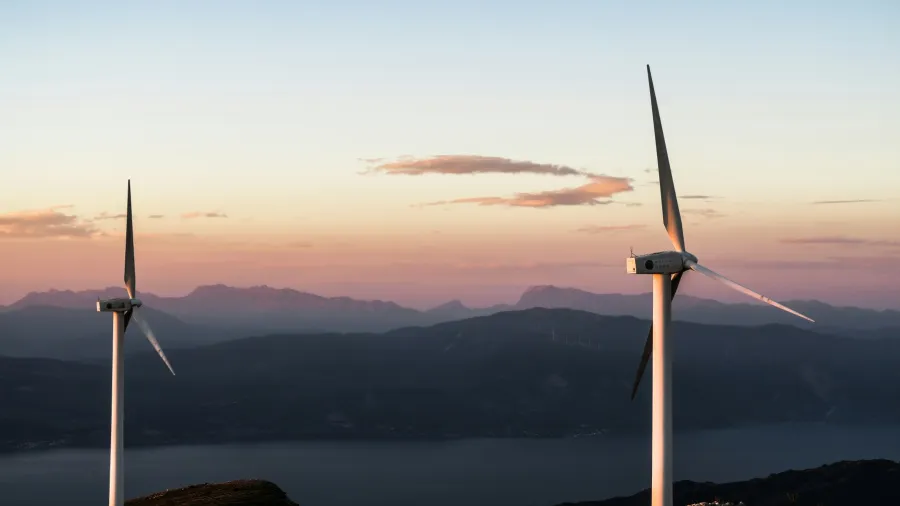
Accelerating clean energy adoption can lower power costs
Solar and wind are the cheapest renewable energy options.
Accelerating the adoption of clean energy technologies will make energy more affordable, compelling governments to take necessary steps to make them more accessible.
In a report, the International Energy Agency (IEA) said that clean energy technologies are more cost-competitive, led by solar and wind, over their lifespan than conventional fuels such as coal, natural gas, and oil.
Governments last year spent around $620b for subsidies in fossil fuels, significantly higher than the $70b support on consumer-facing clean energy investments.
“The data makes it clear that the quicker you move on clean energy transitions, the more cost-effective it is for governments, businesses and households,” said IEA Executive Director Fatih Birol.
“If policymakers and industry leaders put off action and spending today, we will all end up paying more tomorrow,” he added.
In 2022 alone, against the backdrop of the global energy crisis, consumers paid nearly $10t on energy, or over $1,200 per person, already including the subsidies and emergency support from the government.
This is 20% higher than the average in the previous five years.
To make such technologies more accessible, governments should implement measures such as launching energy efficiency retrofit programmes for low-income households, obliging utilities to fund more efficient heating and cooling packages, and making highly efficient appliances more available.
Governments should also enable affordable clean transport options, replace fossil fuel subsidies with targeted cash transfers for the most vulnerable, and leverage carbon price revenues to address potential social inequities.
“Policy intervention will be crucial to address the stark inequalities that already exist in the current energy system, where affordable and sustainable energy technologies are out of reach for many people,” the report read.
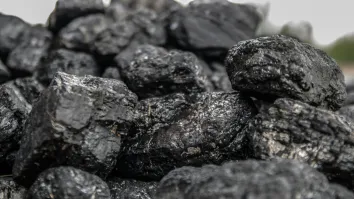

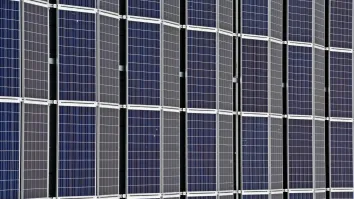
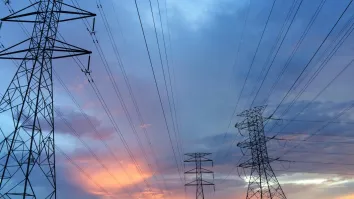




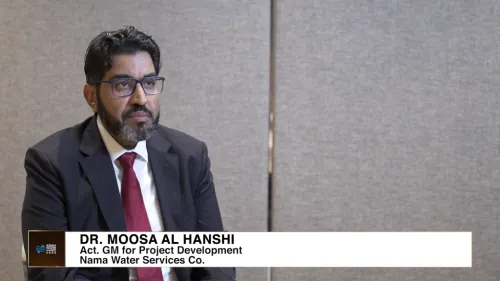

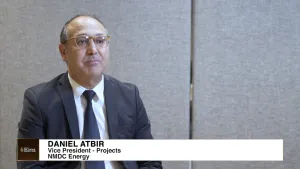
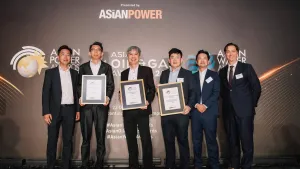





 Advertise
Advertise

